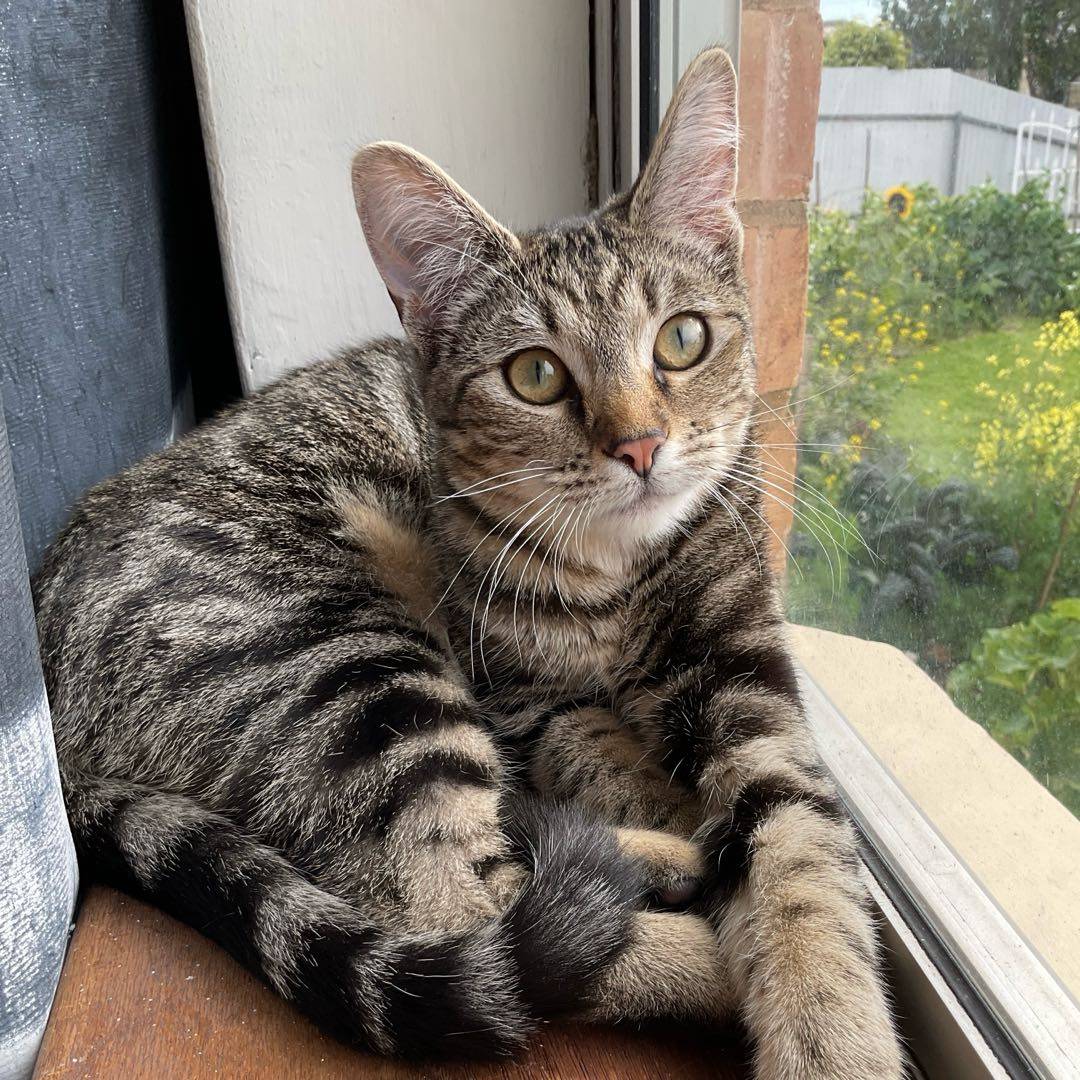
I think she knows she is the cutest girl.

I think she knows she is the cutest girl.
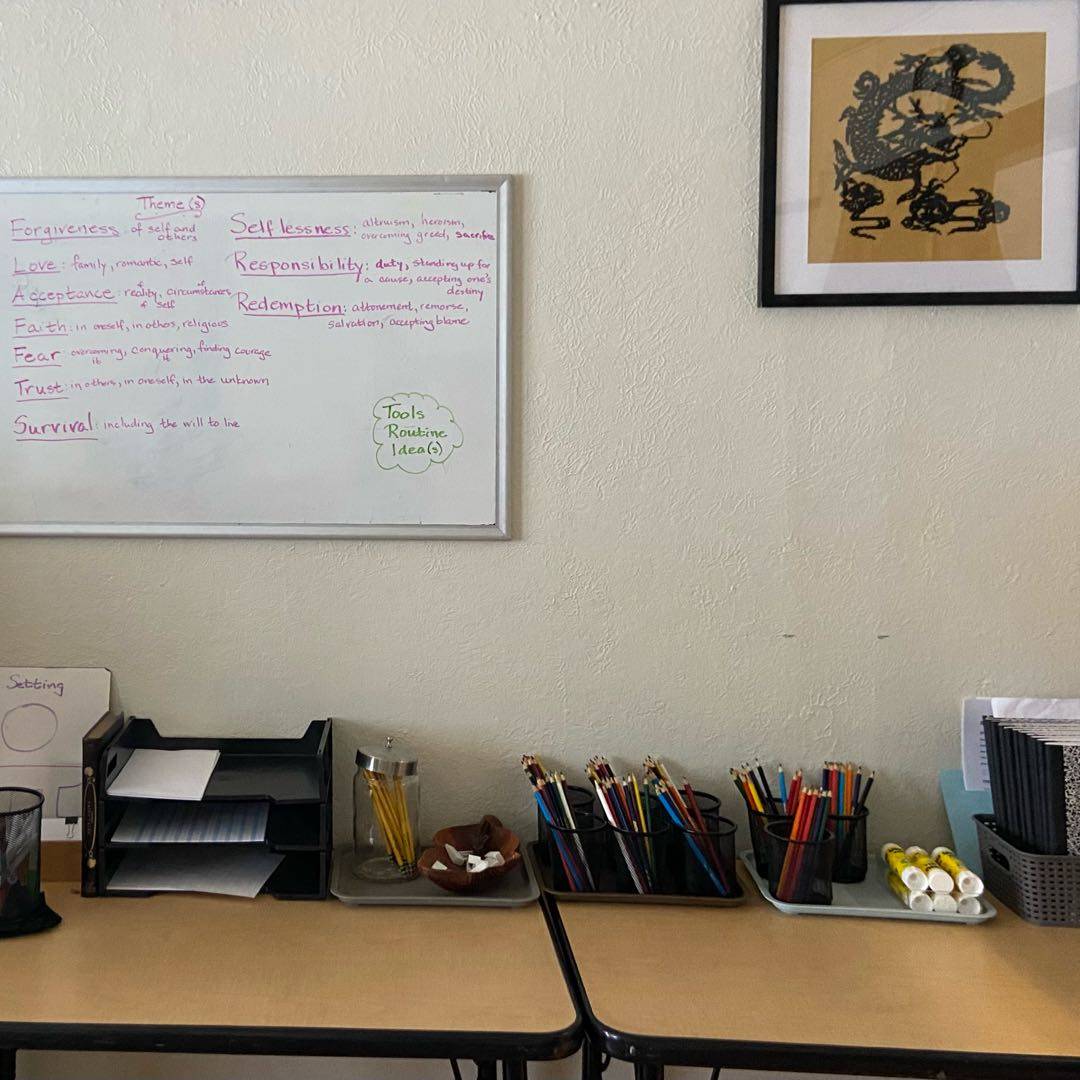
I would say using this book as a basic structure for the camp was a good idea. I did modify some aspects and included some tricks from a similar NaNoWriMo camp I led before. Would recommend using this for similar 7-12 year old range.
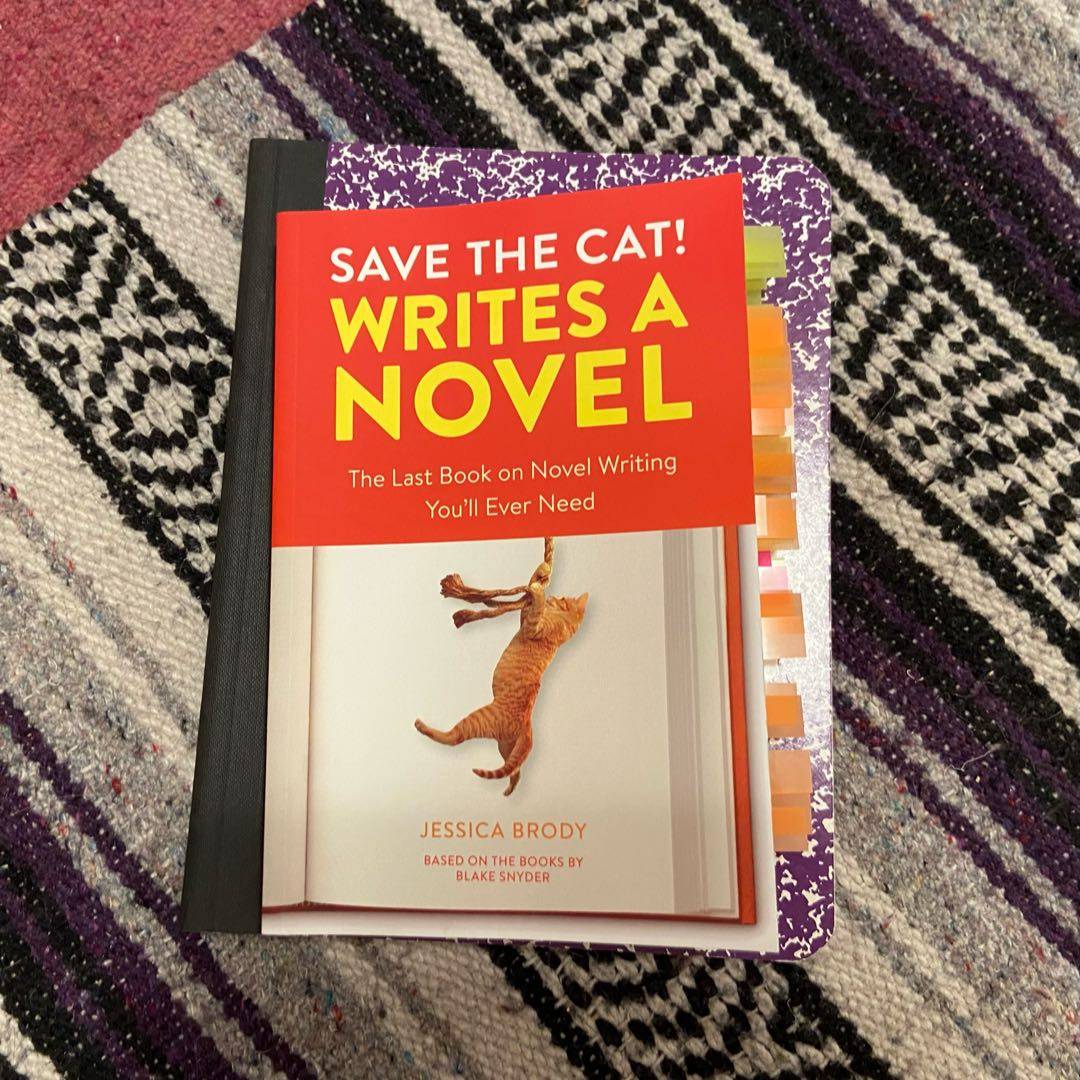
I‘m leading a week long summer writing camp for elementary students. I‘m going to use this book as the base.
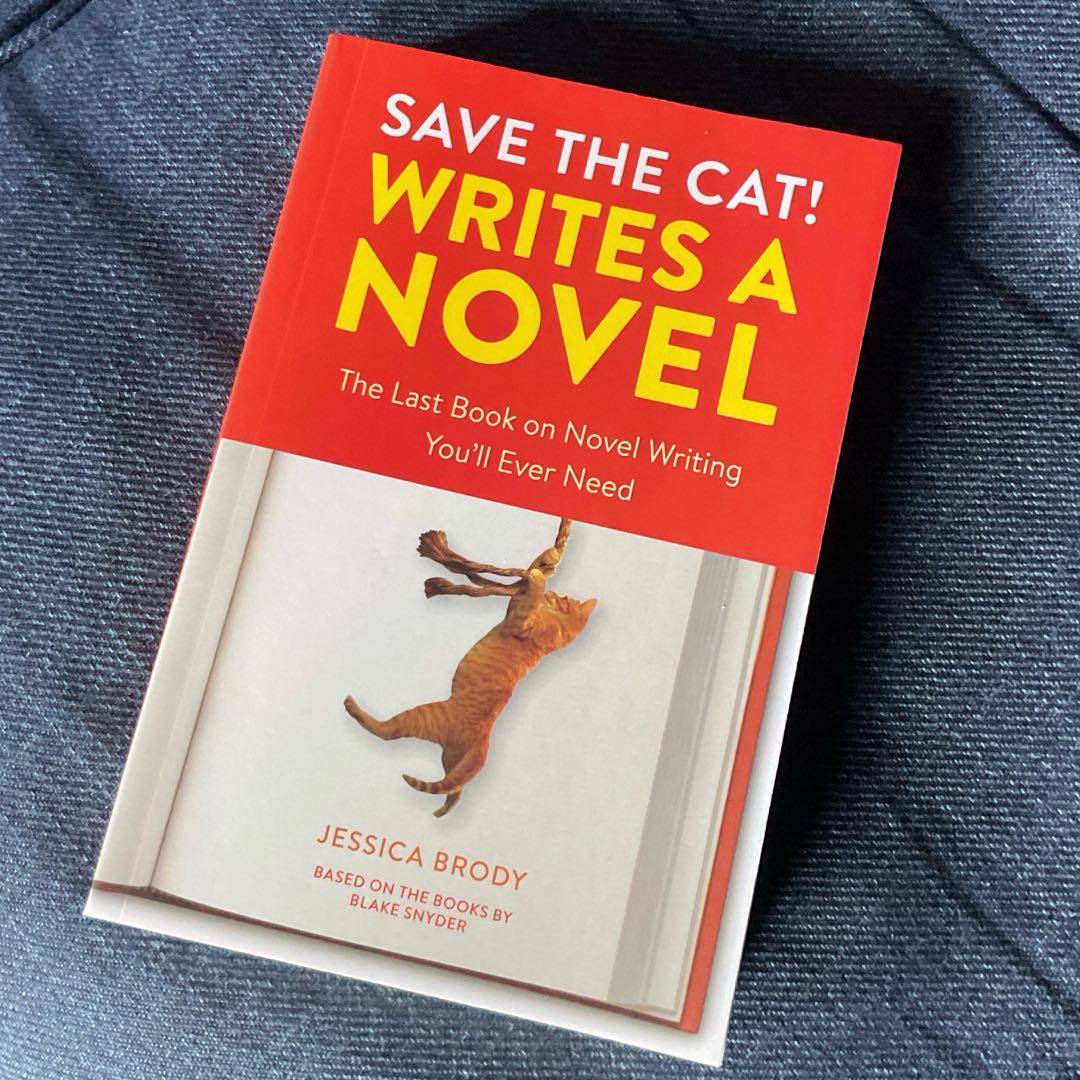
Last year when I did film we talked a bit about the “save the cat” beatsheets. I now own the novel version!
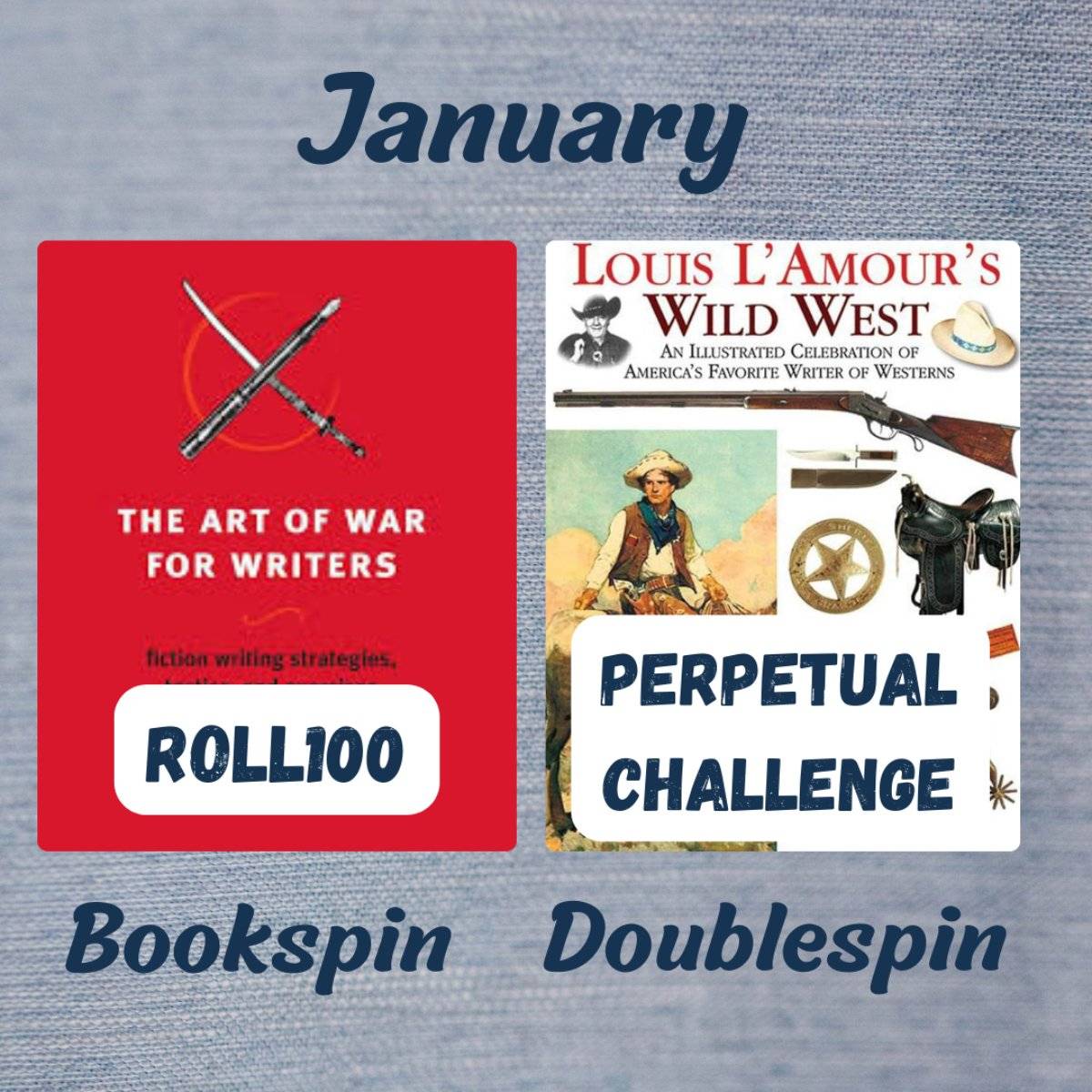
So, #bookspin will by my #Roll100 pick (tagged) and my #doublespin will be one of my perpetual challenges that I'm working on. Typically, I would grab the next L'Amour or King book and read that but I have the above in transit from out of state. So, delving into the world of Louis L'Amour's books is close enough!
Thanks, @AromaOfBooks for #Bingo!
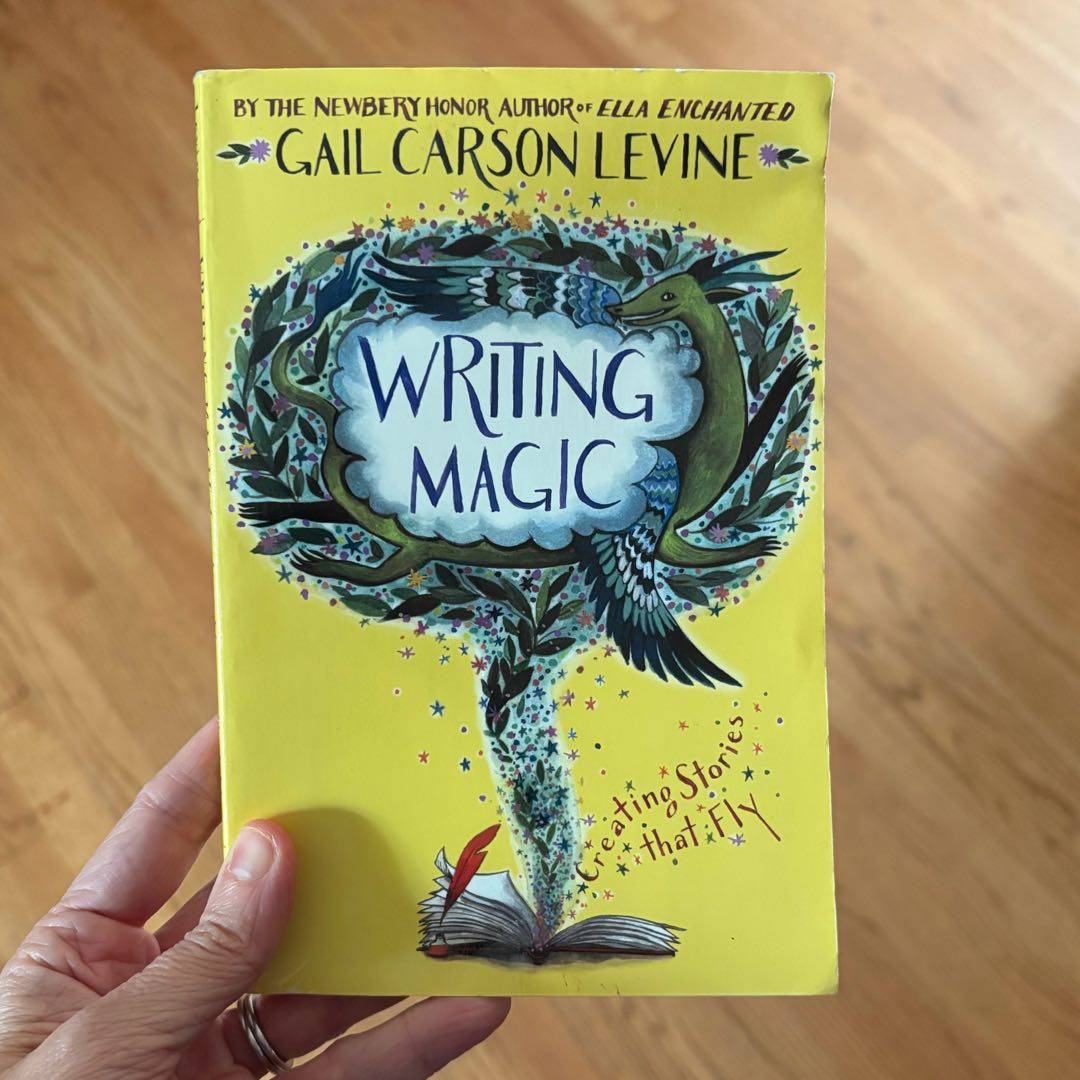
I‘m a sucker for books about writing—I enjoy them both as a reader & as someone who occasionally does some editing. This short volume was first published in 2006 (and may be hard to find) & it‘s a fantastic resource for young aspiring writers. Levine breaks everything down into short chapters—on character, getting stuck, setting, revising & loads more—that always end with a writing exercise to reinforce the lesson. Encouraging & informative.
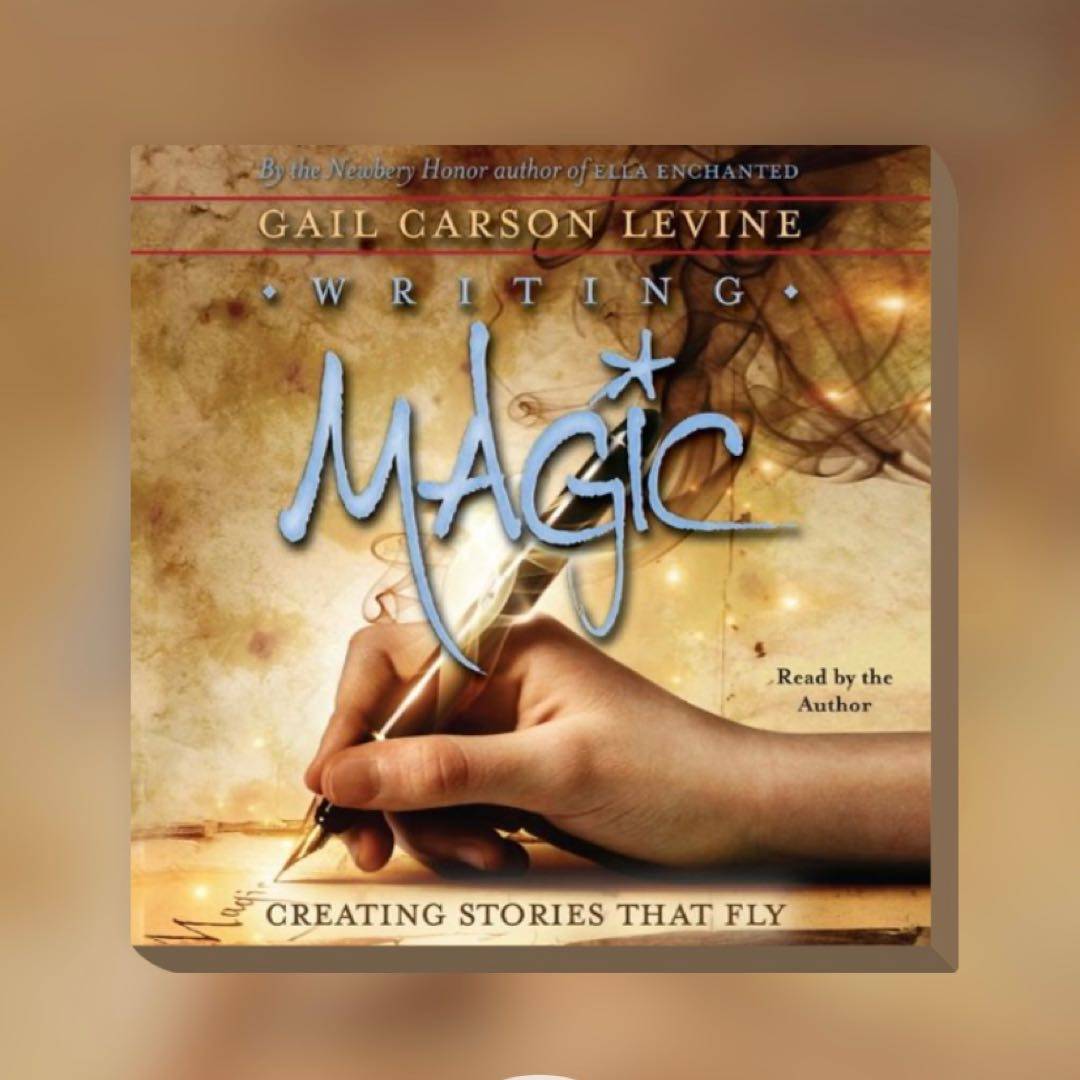
There‘s one lesson you will definitely learn from this book: save everything you write.
Otherwise it‘s pretty basic, definitely written for a younger crowd with good advice for new young writers.
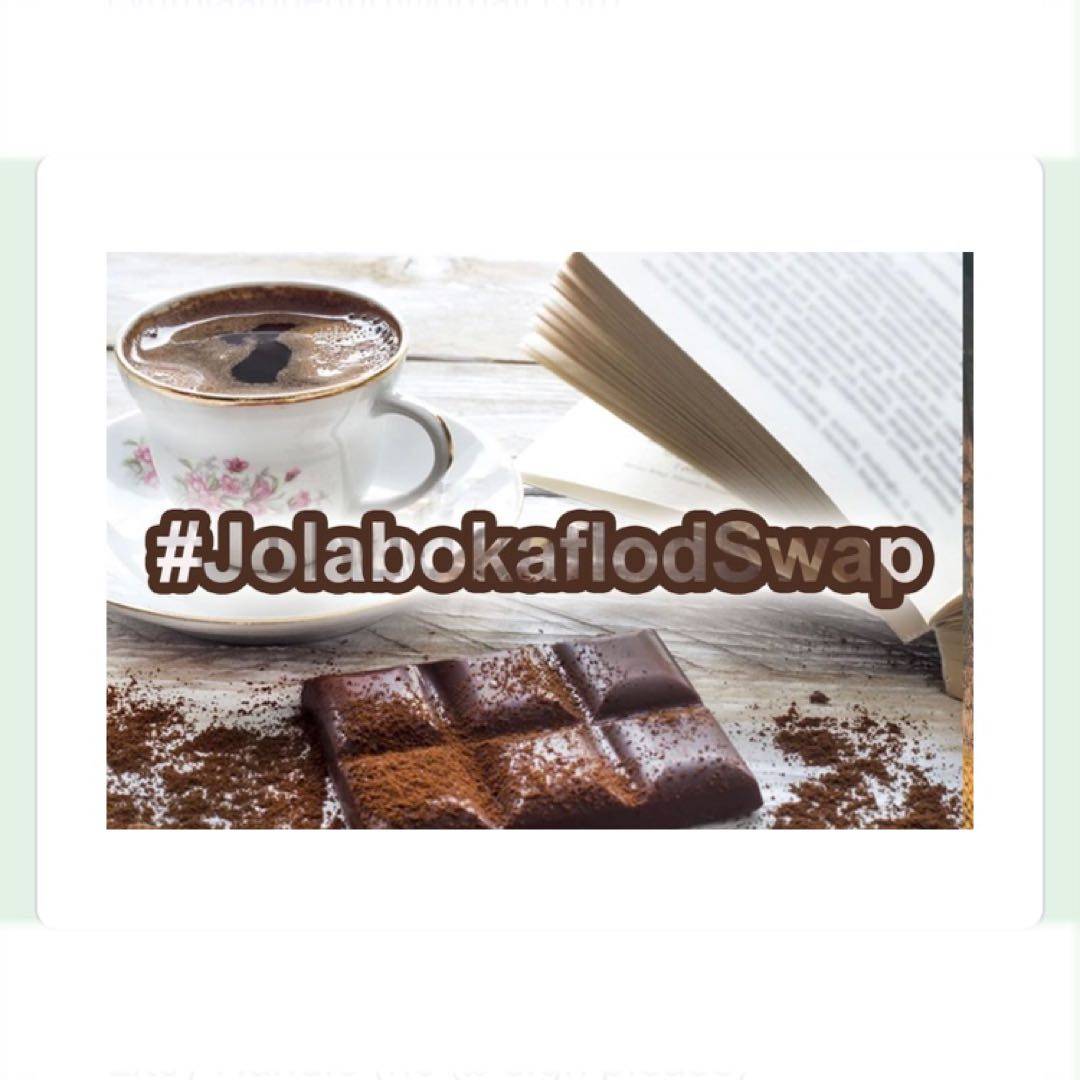
#jolabokaflodswap 2023 sign-ups are still open till 11/25/23, follow the link:
https://docs.google.com/forms/d/e/1FAIpQLScy3JBCkSnmHCLSABUtcIjYuAX36Fk7srbnllGo...
Opening day is December 24!
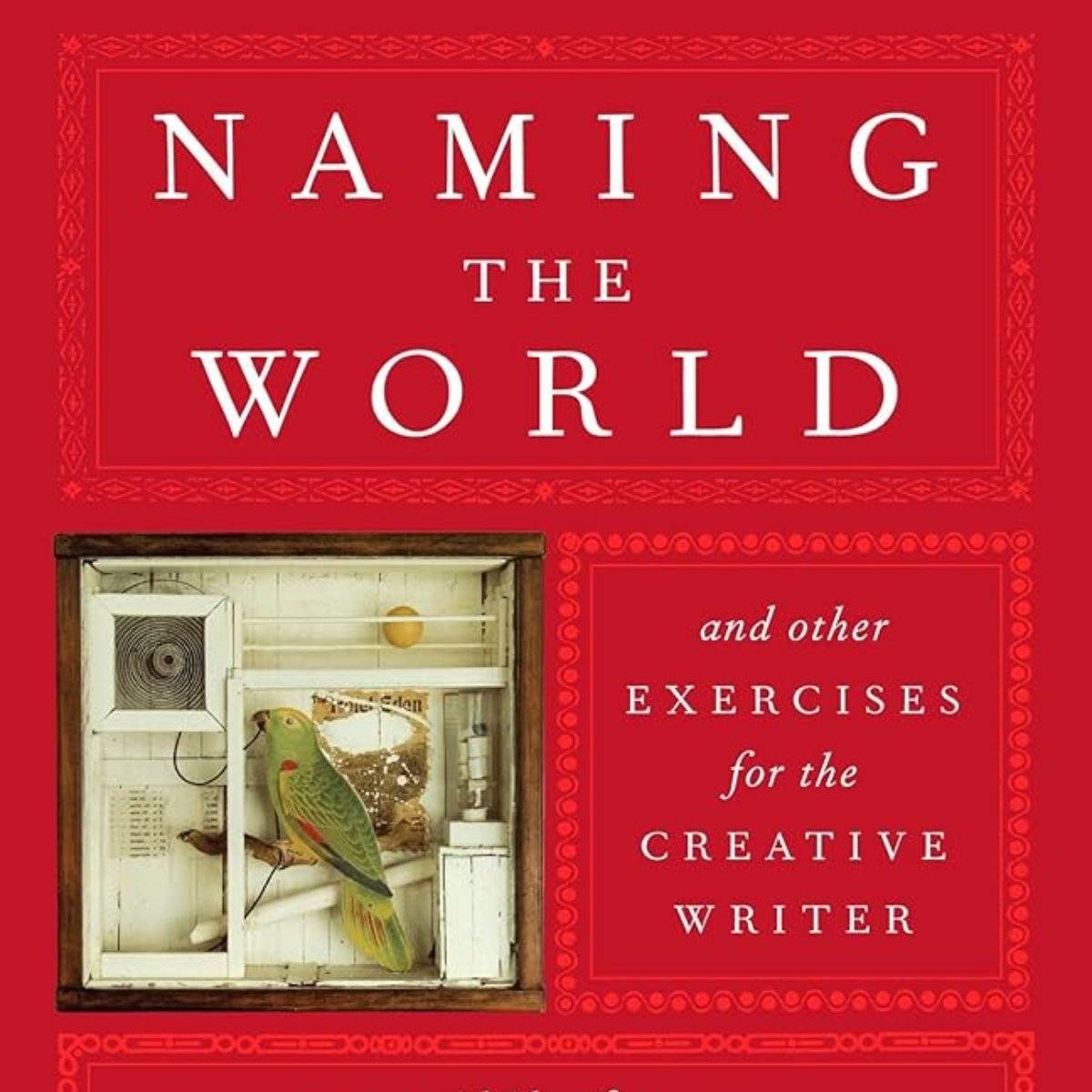
4.5/5⭐ Contains many short entries on granular writing topics divided into comprehensive categories. I can see the exercises and topics for consideration being incredibly helpful for my own creative writing. A small number of authors seem elitist in their advice, but the vast majority are down to earth. The list of prompts at the end is lackluster, but the exercises within the entries are complex and thought provoking. #roll100
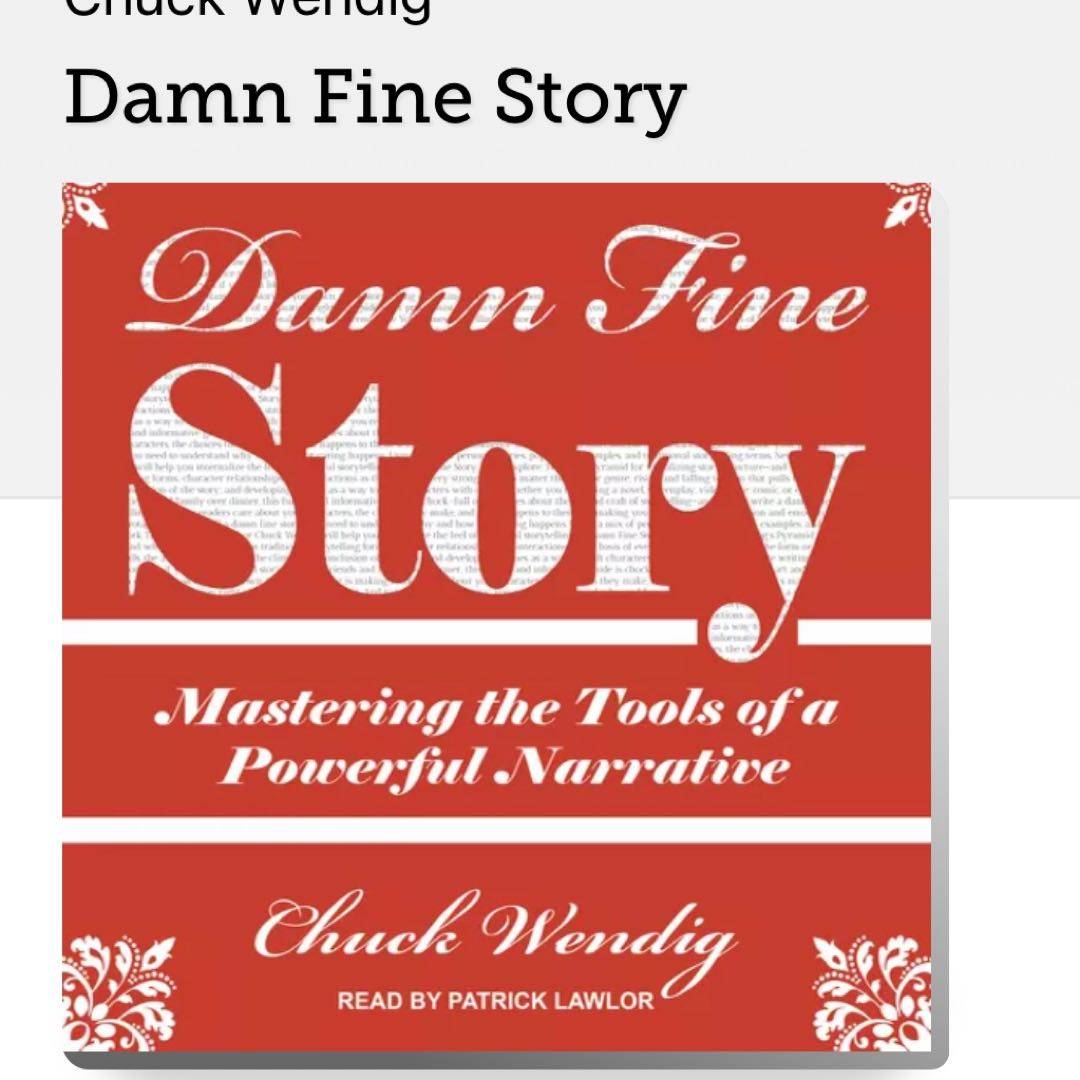
Hilarious and helpful, Chuck Wendig does what he does best: tells a hell of a story. The book is full of tips, tricks, and examples of how to improve your own narratives.